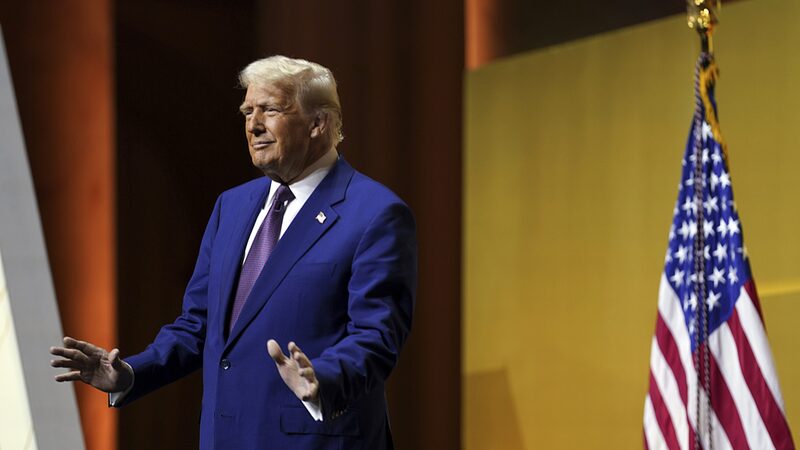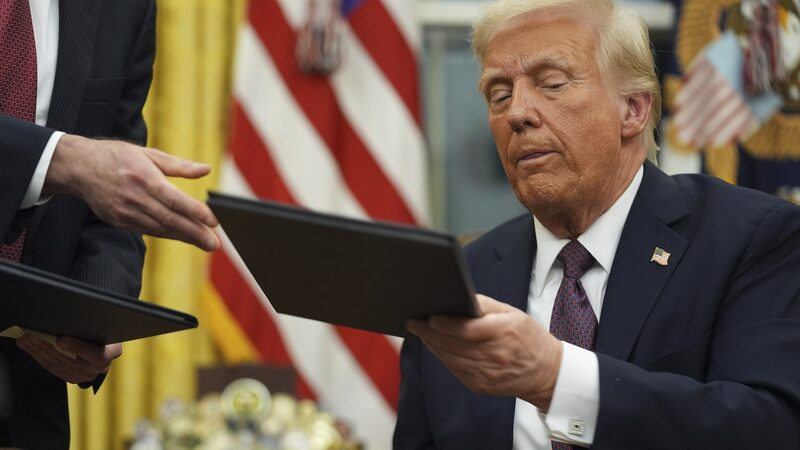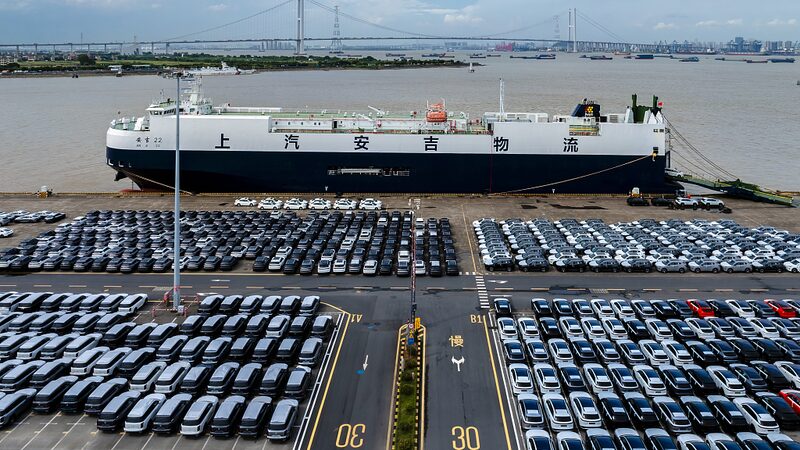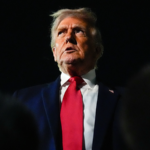One month into the new U.S. administration, a survey conducted by CGTN in collaboration with Renmin University of China and the Institute of International Communication in the New Era has unveiled significant global concern regarding the direction of U.S. foreign policy.
The poll, which gathered responses from 7,586 people across 38 countries, underscores widespread dissatisfaction with the administration's actions, including pulling out of international agreements, leaving key organizations, and triggering trade disputes.
Notably, respondents from G7 nations and within the U.S. have expressed strong negative views on the administration's policy trajectory.
'America First' Faces Strong Global Backlash
The survey reveals that 63.7 percent of global respondents feel the administration's policy of withdrawing from international organizations is damaging global governance. Among U.S. allies, this concern rises to 66.7 percent.
Furthermore, 63.3 percent of respondents agree that the \"America First\" agenda is accelerating the decline of the global economy, with 58.4 percent fearing that U.S. trade protectionism will hamper their own nations' economic growth.
When asked which trade measures would negatively affect their countries, global respondents identified \"restricting investment in foreign tech companies,\" \"raising tariffs on foreign goods,\" and \"reducing reliance on foreign imports and supply chains\" as the top three threats, with approval ratings of 58.3 percent, 57.9 percent, and 54.2 percent respectively.
G7 Respondents Express Growing Pessimism Toward U.S. Relations
The survey also highlights growing pessimism among respondents from G7 countries regarding future relations with the U.S. Among respondents from the six G7 nations outside the U.S., 57 percent are skeptical about their bilateral ties with the U.S. moving forward.
The highest levels of concern came from Germany and Canada, where 66 percent of respondents expressed pessimism, followed by Japan, the UK, and France, with negative sentiment at 60 percent, 59.3 percent, and 57.5 percent, respectively.
Tariff policies remain the primary concern among G7 respondents. A striking 71.4 percent of participants expressed apprehension about potential tariff measures, particularly in Canada, Japan, and Germany.
Additionally, a majority of respondents, 64.3 percent, criticized the administration's abrupt exits from international agreements, fearing disruptions to global governance and cooperation, and 63.1 percent believe the U.S. focus on protecting American manufacturing and reducing reliance on foreign imports will negatively impact their own economies, with 72 percent of respondents from Japan particularly concerned.
Furthermore, 56.5 percent worry that the administration's unilateral approach will hinder globalization, while 61.8 percent fear its trade protectionist policies will undermine trade liberalization and slow global economic growth.
Domestic Confidence in U.S. Foreign Policy Remains Low
The survey also sheds light on domestic skepticism regarding the new administration's foreign policy. Less than half of U.S. respondents believe the administration's policies will have a positive effect on relations with key international partners, including China, Europe, Japan, South Korea, and the Middle East.
While 51.5 percent of respondents anticipate improvements in U.S.-Russia relations, confidence in other bilateral ties is more mixed: 45 percent expect stronger U.S.-Middle East relations, 44 percent foresee better U.S.-Europe relations, and 42 percent hope for improved U.S.-Japan/South Korea ties.
However, U.S.-China relations stand out as the only exception, where negative views outweigh positive ones. According to the survey, 43 percent of respondents believe the new administration's policies will worsen U.S.-China relations, while only 40 percent see a positive impact.
Regarding the Taiwan Strait and South China Sea issues, U.S. respondents showed significant uncertainty. While 29.5 percent believed the new administration would positively influence the Taiwan issue, an equal percentage saw it as detrimental, with 41 percent uncertain. For the South China Sea, 33 percent saw a positive impact, 29 percent viewed it negatively, and 38 percent were unsure.
The survey included respondents from both developed nations such as the U.S., UK, Italy, Australia, Germany, France, Japan, and South Korea, and from developing countries like Brazil, South Africa, Egypt, Malaysia, Chile, Nigeria, the UAE, and Vietnam.
Reference(s):
CGTN poll reveals broad criticism of Trump's first month in office
cgtn.com








